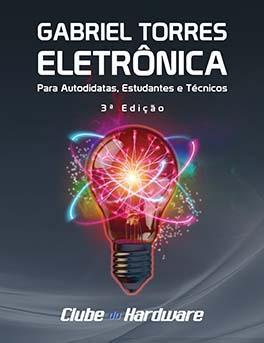@devair1010 , tentei fazer de outra forma mas encontro um problema... Quando coloco palavras com número total de caracteres ímpares ele imprime errado. Por exemplo, JULIANA ele me retorna jlaañ╡, mas caso eu entre com uma palavra com total de caracteres pares ele funciona. Acredito que seja um problema relacionado ao meu \0.
#include <stdio.h>
#include<string.h>
int main(){
char str1[50], str6[50], str2[50], str7[50], str3[50], str8[50], str4[50], str9[50], str5[50], str10[50];
int i1, tam1=0, i2, tam2=0, i3, tam3=0, i4, tam4=0, i5, tam5=0;
printf("\nEntre com uma string: ");
gets(str1);
for(i1=0; i1<strlen(str1)-1; i1++){
str6[tam1]=str1[2*i1];
tam1++;
}
str6[tam1]='\0';
printf("\nString modificada: %s\n", str6);
system("pause");
printf("\nEntre com uma string: ");
gets(str2);
for(i2=0; i2<strlen(str2)-1; i2++){
str7[tam2]=str2[2*i2];
tam2++;
}
str7[tam2]='\0';
printf("\nString modificada: %s\n", str7);
system("pause");
printf("\nEntre com uma string: ");
gets(str3);
for(i3=0; i3<strlen(str3)-1; i3++){
str8[tam3]=str3[2*i3];
tam3++;
}
str8[tam3]='\0';
printf("\nString modificada: %s\n", str8);
system("pause");
printf("\nEntre com uma string: ");
gets(str4);
for(i4=0; i4<strlen(str4)-1; i4++){
str9[tam4]=str4[2*i4];
tam4++;
}
str9[tam4]='\0';
printf("\nString modificada: %s\n", str9);
system("pause");
printf("\nEntre com uma string: ");
gets(str5);
for(i5=0; i5<strlen(str5)-1; i5++){
str10[tam5]=str5[2*i5];
tam5++;
}
str10[tam5]='\0';
printf("\nString modificada: %s\n", str10);
printf("\nAs strings obtidas e suas respectivas modificacoes: %s, %s, %s, %s, %s, %s, %s, %s, %s, %s.\n", str1, str2, str3, str4, str5, str6, str7, str8, str9, str10);
return(0);
}




